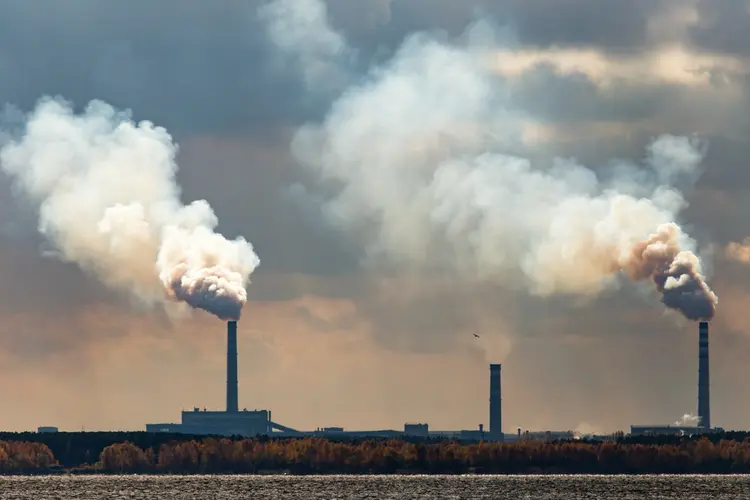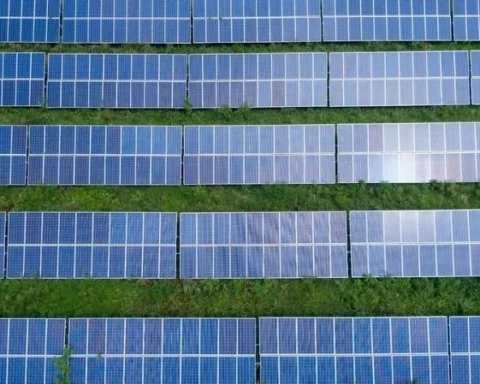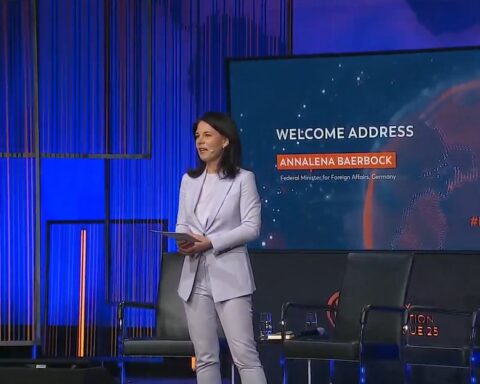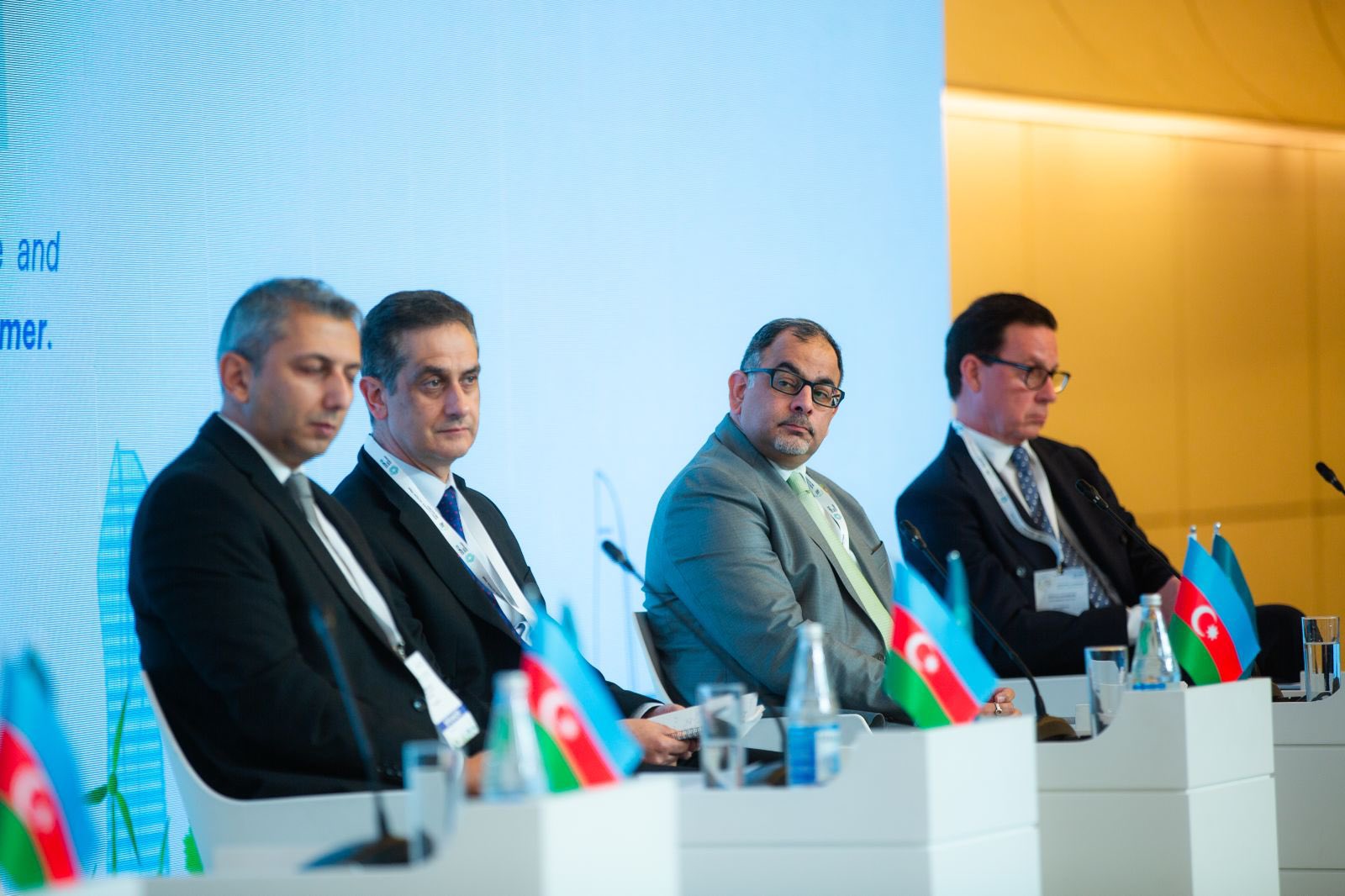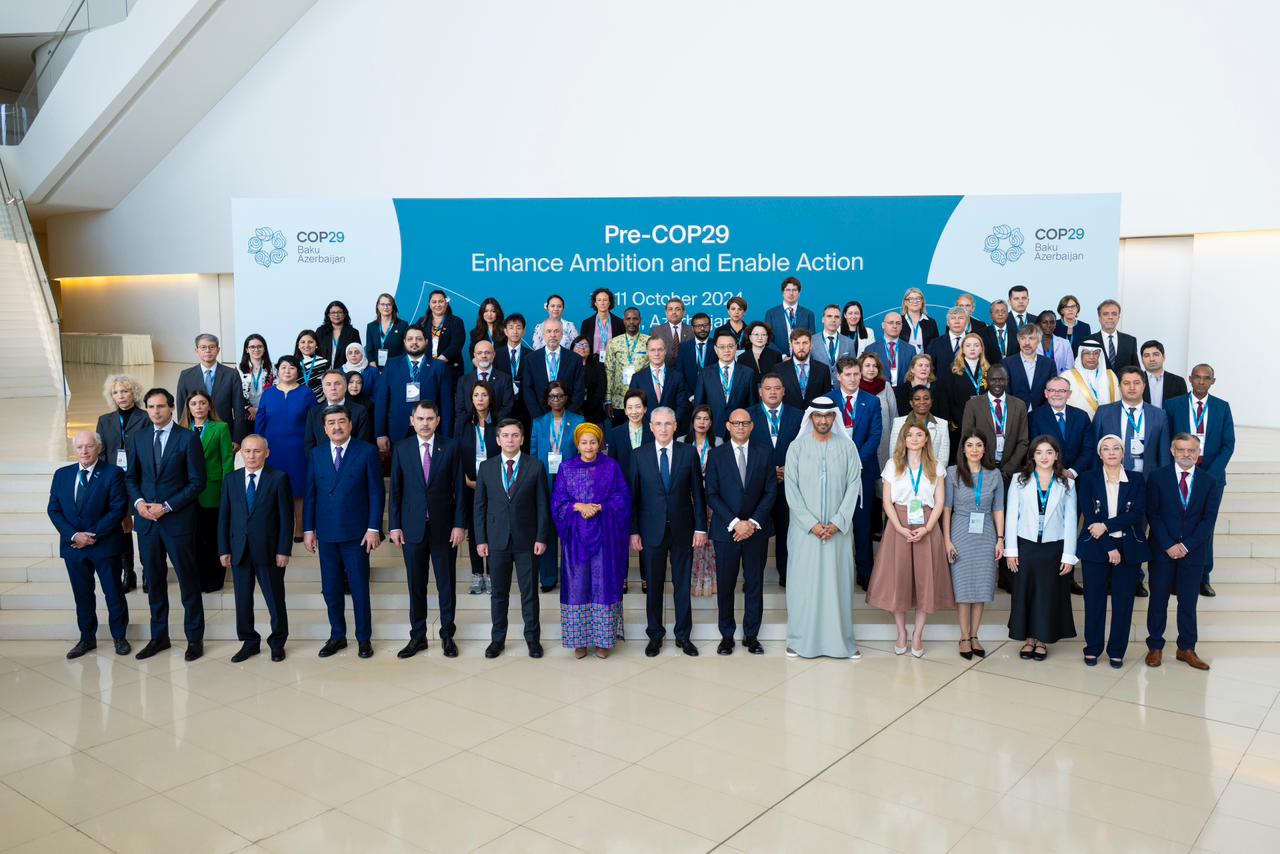A recent report by the International Institute for Sustainable Development (IISD), titled Public Financial Support for Renewable Power Generation and Integration in the G20 Countries, has revealed that G20 governments are spending three times more on fossil fuels than on renewables.
The report comes amid renewed commitments by these economies to accelerate global renewable energy capacity.
In 2023, the G20 pledged to triple renewable energy capacity globally, a promise subsequently adopted by 198 parties under the United Nations Framework Convention on Climate Change (UNFCCC).
However, the IISD report indicates that the world is not on track to meet this target despite a record increase in renewable capacity in 2023.
The analysis shows that G20 governments provided at least USD 168 billion in public financial support for renewable power in 2023 less than one-third (31%) of their subsidies for fossil fuels, which stood at USD 535 billion in the same period.
This discrepancy highlights the urgent need for a shift in public spending to align with global climate goals.
To achieve the tripling target by 2030, the report estimates that total investments both public and private in renewable power capacity, grids, and storage must at least double from 2023 levels of around USD 1.1 trillion per year.

The IISD noted that increased public investment is particularly crucial in emerging markets and developing economies (EMDEs), where public sources account for half of all renewable energy spending, compared to 20% in advanced economies.
The report highlighted three main reasons why increased public funding is needed: first, the rapid energy transition necessary to keep global warming below 1.5°C requires renewables to become cheaper than both new and existing fossil fuel electricity generation.
Second, investments in electricity networks are needed to manage the growing integration of distributed and variable energy sources.
Third, governments need to address the absence of correct pricing for the social costs of fossil fuels, which currently do not reflect their negative climate and health impacts.
The IISD further noted that G20 governments, accounting for around 90% of the world’s total renewable power capacity installed in 2023, are key to supporting global efforts to transition to cleaner energy sources.
The inventory compiled by IISD shows that most public support was directed at renewable power generation, with only 10% allocated to grids and storage projects.
For Nigeria, a key player in the African energy market, the report’s findings pose significant implications.
As the country grapples with transitioning from a fossil fuel-based economy to a greener one, the underfunding of renewables could undermine national efforts to achieve sustainable energy goals.
Stakeholders have called for more robust government policies to facilitate investments in renewable energy, alongside strategies to reduce the country’s dependency on fossil fuel revenues.
The report suggests that investment in G20 countries may need to double to achieve the tripling target, with public support also rising to around USD 336 billion per year.
This would still be lower than the current subsidies for fossil fuels. The IISD urged G20 governments, particularly wealthy ones, to step up their support for the energy transition in lower-income EMDEs, where renewable project costs are typically higher.
Some of the required funds can be sourced by redirecting public financial flows away from fossil fuels, particularly new fossil fuel production projects.
A portion of the savings from fossil fuel subsidies could also be used to support vulnerable groups affected by price changes or job losses resulting from the energy transition.
As Nigeria aims to boost its renewable energy capacity, the findings of the IISD report could serve as a crucial reminder for policymakers to rethink public spending priorities and create a conducive environment for private sector participation in the clean energy transition.
By Dare Akogun


